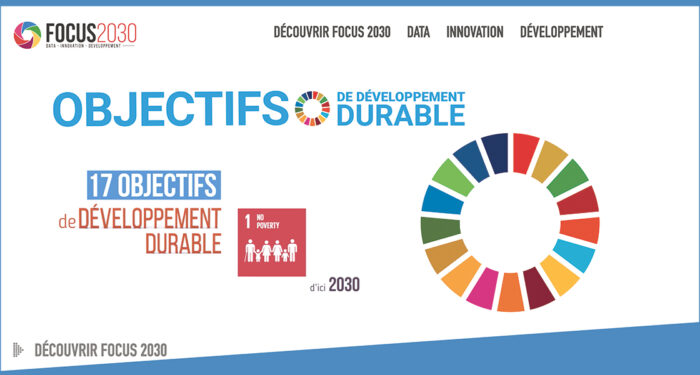Strategic Planning by Scenarios
Business firms have long designed their strategy on the basis of forecasts which presume a stable environment ; they made extrapolations that were more or less carefully reasoned, postulating that other things would remain essentially the same. With the acceleration of change, mounting interdependencies and uncertainties, it is more and more necessary to take account of a multitude of possible scenarios and, for each case, to determine the optimal strategy.
Although it was formerly customary to think in terms only of variations on a scenario that pointed in one direction, today it is necessary to take account of discontinuous phenomena and of ruptures which can radically modify the theatre of operations and force the actors to adopt quite different strategies.
This studied approach was developed progressively, at first with Royal Dutch Shell, then within other firms. Peter Schwartz, himself familiar with its systematic application at Royal Dutch Shell, has created an international network of consultants, the Global Business Network, inspired by the scenario planning approach which he described in a book, The Art of the Long View, published in 1992. The main ideas from that book are the substance of this article. ideas. The future, he argues, cannot be predicted, but underlines the necessity of persuading his contemporaries to envisage different possible futures so that they will not find themselves disarmed when, suddenly, the scene of their operations is transformed, demanding a different strategy from the one they have been following.



